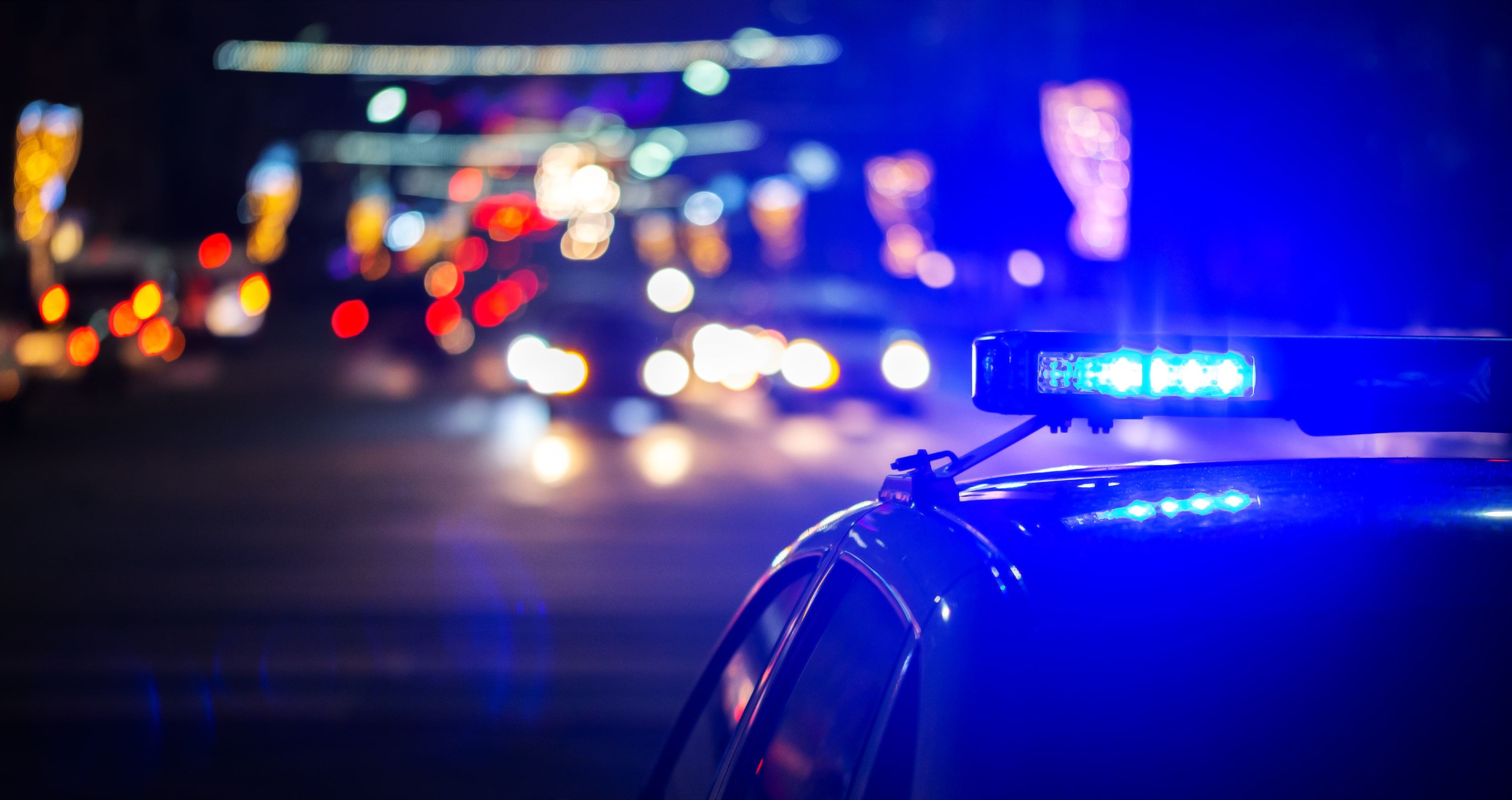While other states may have their own laws about DUI checkpoints, it’s legal for law enforcement to conduct them in Florida. Also known as a “sobriety checkpoint,” a DUI checkpoint is basically a roadblock established by police in an effort to investigate drivers passing through for signs of intoxication.
As with any interaction with law enforcement, it’s important to know your rights and responsibilities. Keep reading to learn more about what you should – and probably shouldn’t – do at a DUI checkpoint.
Can I Turn Around to Avoid a DUI Checkpoint?
Yes. As long as it’s safe and legal to avoid the DUI checkpoint, you can do so. If you break any traffic laws, however, you may be stopped by a nearby officer and cited for the violation. You may also be investigated for DUI if the officer suspects you are driving while intoxicated.
What Happens at a DUI Checkpoint?
When you approach a DUI checkpoint, several things may happen. In most cases, a police officer will ask you to present your driver’s license, registration, and/or proof of insurance. You are obligated to provide this information.
You are not, however, obligated to answer any questions beyond the bounds of the information on your driver’s license or registration. For example, the police may ask drivers where they’re going or if they were drinking. No driver is required to answer these types of questions, and doing so can needlessly escalate the situation.
Field Sobriety Tests
If the police suspect you are intoxicated, you may be asked to step out of the vehicle. You must do this, so it’s in your best interest to comply. That said, you don’t have to participate in any field sobriety test that a police officer requests.
Field sobriety tests are tasks that are intended to help police officers judge a driver’s physical or mental impairment when they suspect the driver is intoxicated. For example, one test may require the driver to stand on one leg for a period of time, while another may require them to follow a pen or flashlight with their eyes.
The problem with field sobriety tests is that generate false positives. In other words, it’s easy to fail a field sobriety test because you have poor balance, a physical or learning disability, or another factor that a police officer may not take into account.
Preliminary Breath Test
If the police officer asks you to blow on a breathalyzer and you aren’t under arrest, it’s a Preliminary Breath Test (PBT). These tests are completely voluntary, and it’s also in your best interests to decline them. You can safely do so because you are only required to submit to a test of your breath or blood to determine your level of intoxication when you are arrested.
What Happens If I’m Arrested at a DUI Checkpoint?
When you are arrested at a DUI checkpoint, you must submit to a test of your breath or blood. If you decline to do so, you will incur an automatic license suspension regardless of the outcome of any criminal charges you may or may not face.
The police may or may not read your Miranda Rights, which are your Constitutional rights to remain silent and to have an attorney present during questioning. It’s important to know and exercise these rights because you can inadvertently worsen your legal situation.
Upon invoking your right to legal counsel, consider the services of a professional law firm. We at Tinny, Meyer & Piccarreto, P.A. can provide the legal support you need during this difficult time. Learn more about our legal services and how we can help during an initial consultation.
Contact us online to schedule an appointment with us today.

.jpg)
